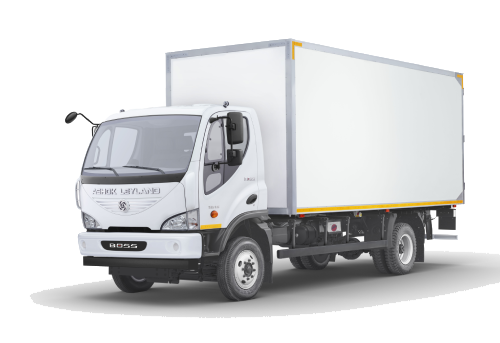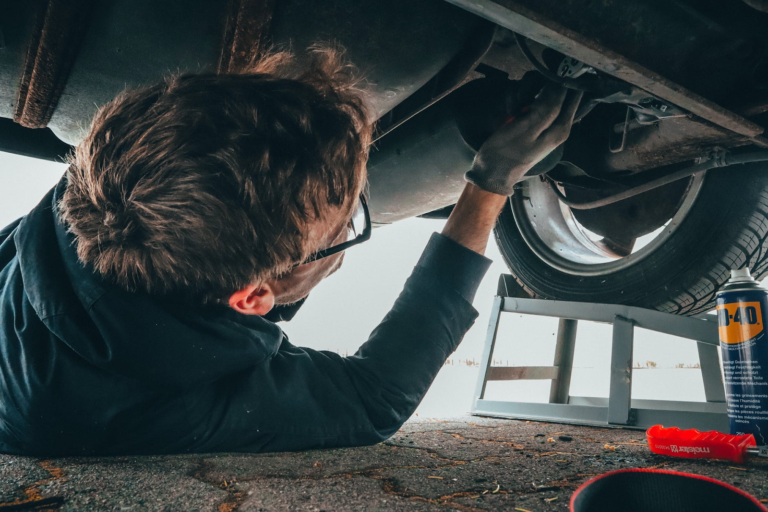Over the last few years, ride-sharing services like Uber and Lyft have been battling to keep their California employees independent contractors with Prop 22.
The originally passed proposition has recently been overturned and even deemed unconstitutional by Alameda County Superior Court Judge Frank Roesch.
With all of the news surrounding California’s ride-sharing services, the rules and laws may seem hazy for both existing drivers as well as newcomers. So, let’s look at what rules are currently in effect.
Ride-sharing requirements
In order to transport people, food, and groceries, some requirements must be met for both the driver and the driver’s vehicle.
UBER vehicle requirements:
- Your vehicle must be 15 years old or newer
- Your vehicle must have four doors.
- Your vehicle must be in good condition with no cosmetic damage.
- You may not have commercial branding on your vehicle.
- Your vehicle must pass a vehicle inspection.
- You must have
Lyft vehicle requirements:
- Your vehicle must be made in 2004 or newer.
- Your vehicle must have four doors.
- Your vehicle cannot be a taxi or stretch limousine.
- Your vehicle cannot be titled as salvage, non-repairable, or rebuilt.
UBER personal requirements:
- You must pass a background check and driver history screening.
- You must be legal driving age (16 years old)
- You must have at least one year of driving experience.
- Your driver’s license must be valid. Photo proof is required.
- You must provide proof of residency
- If you are driving your own vehicle, you must provide proof of insurance.
- You must provide a photo of yourself.
LYFT personal requirements:
- You must be at least 25 years old.
- You must pass a driving and personal background screening.
- You must have a valid California driver’s license.
- Your vehicle must pass inspection.
- You must have a business license.
- You must provide a photo of yourself.
- You must provide proof of insurance.
- Your vehicle must have a LYFT decal visible for others to identify you as a driver.
Ride-sharing laws
As an independent contractor, understanding specific laws is essential. It is crucial to know what is in store for you when pulled over, in an accident, and even when filing your taxes.
Ride-sharing is a great way to earn a full-time income or earn some extra money on the side, but being on the road for an increased period of time heightens your chances of being involved in an accident. Additionally, Ride-sharing can take a toll on your vehicle and your wallet because fuel is not free. Let’s go over some of these topics to ensure you fully know what lies ahead.
Ride-sharing tax filing as an independent contractor
- You can deduct supplies such as your phone and phone bill, maintenance and vehicle upkeep, as well as gas mileage
- Uber and Lyft will provide a tax summary report that you will use for tax filing.
- You must report your earnings if you have driven with either company for more than 30 days.
UBER car protection
- Uber provides an Inconvenience fee of up to $250 for damages caused by passengers
- Maintenance is tax-deductible
- Uber pro provides %25 off maintenance.
- Roadside assistance is provided for free or at a discount.
- You can receive discounts at shops such as Firestone, Midas and more
LYFT car protection
- Lyft has partnerships with garages and can help with scheduling repairs or maintenance.
- Maintenance is tax-deductible.
- Lyft provides driver centers for up to %50 off repairs and maintenance.
- Lyft provides free or discounted roadside assistance
UBER and LYFT accident claims and coverage
- Both companies require comprehensive insurance policies.
- Third-party liability coverage of up to $1 million is provided.
- Contingent collision and comprehensive coverage that is subject to a $2,500 deductible.
Companies like UBER and LYFT make saving money their top priority. If you are involved in an accident while ride-sharing, follow the company’s official steps to ensure you are covered.
- Confirm that all parties are safe.
- Seek medical attention if necessary.
- Contact the police and file a report.
- Take detailed photos of the accident.
- Contact UBER or LYFT to file an incident report.
Ride-sharing companies are notorious for finding ways to undermine your claim. Because of this, it is vital to hire an attorney as soon as possible after the incident has occurred. Lyft accident attorney Los Angeles will be able to help you every step of the way.
Getting pulled over or ticketed while driving.
If you find yourself being pulled over by an officer, there are a few things you can do to make sure it goes smoothly during and after the incident.
- Notify the officer that you are currently participating in ridesharing and that you are either delivering or that your passenger requested a ride.
- Be compliant with what the officer asks of you.
- Contact the ridesharing company immediately.
- Hire an attorney to help keep the ticket off of your record. The most basic traffic stops and tickets can have your driver account disabled.
There are many California ridesharing rules that are crucial to keeping both you and your account in good standing. A few additional tips that can help are:
- Invest in a dashcam.
- Have your taxes filed professionally.
- Keep up to date on new laws being passed.
- Stay on top of your car’s maintenance.
- Keep a detailed log of expenses.





